欧洲的某个地方
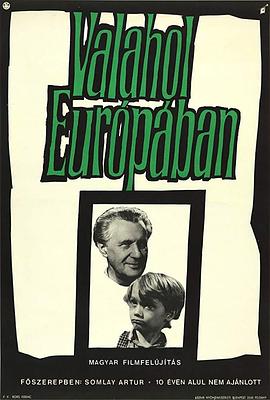
- 分类:剧情片
- 主演:Artúr,Somlay,Miklós,Gábor,Zsuzsa,Bánki
- 导演:Radványi,Géza
- 年份:1948
- 地区:其它
- 语言:其它
- 评分:2.0 分
剧情简介
Somewhere in the remote region, the war ends. In the midst of ruined cities and houses in the streets, in rural hamlets, everywhere where people still live, are children who have lost their homes and parents. Abandoned, hungry, and in rags, defenseless and humiliated, they wander through the world. Hunger drives them. Little streams of orphans merge into a river which rushes forward and submerges everything in its path. The children do not know any feeling; they know only the world of their enemies. They fight, steal, struggle for a mouthful of food, and violence is merely a means to get it. A gang led by Cahoun finds a refuge in an abandoned castle and encounters an old composer who has voluntarily retired into solitude from a world of hatred, treason, and crime. How can they find a common ground, how can they become mutual friends The castle becomes their hiding place but possibly it will also be their first home which they may organize and must defend. But even for this, the price will be very high. To this simple story, the journalist, writer, poet, scriptwriter, movie director, and film theoretician Béla Balázs applied many years of experience. He and the director Géza Radványi created a work which opened a new postwar chapter in Hungarian film. Surprisingly, this film has not lost any of its impact over the years, especially on a profound philosophical level. That is to say, it is not merely a movie about war; it is not important in what location and in what period of time it takes place. It is a story outside of time about the joyless fate of children who pay dearly for the cruel war games of adults. At the time it was premiered, the movie was enthusiastically received by the critics. The main roles were taken by streetwise boys of a children's group who created their roles improvisationally in close contact with a few professional actors, and in the children's acting their own fresh experience of war's turmoil appears to be reflected. At the same time, their performance fits admirably into the mosaic of a very complex movie language. Balázs's influence revealed itself, above all, in the introductory sequences an air raid on an amusement park, seen in a montage of dramatic situations evoking the last spasms of war, where, undoubtedly, we discern the influence of classical Soviet cinematography. Shooting, the boy's escape, the locomotive's wheels, the shadows of soldiers with submachine guns, the sound of a whistle—the images are linked together in abrupt sequences in which varying shots and expressive sharp sounds are emphasized. A perfectly planned screenplay avoided all elements of sentimentality, time-worn stereotypes of wronged children, romanticism and cheap simplification. The authors succeeded in bridging the perilous dramatic abyss of the metamorphosis of a children's community. Their telling of the story (the scene of pillaging, the assault on the castle, etc) independently introduced some neorealist elements which, at that time, were being propagated in Italy by De Sica, Rossellini, and other film artists. The rebukes of contemporary critics, who called attention to formalism for its own sake have been forgotten. The masterly art of cameraman Barnabás Hegyi gives vitality to the poetic images. His angle shots of the children, his composition of scenes in the castle interior, are a living document of the times, and underline the atmosphere and the characters of the protagonists. The success of the picture was also enhanced by the musical art of composer Dénes Buday who, in tense situations, inserted the theme of the Marseilaise into the movie's structure, as a motive of community unification, as an expression of friendship and the possibility of understanding. Valahol Europaban is the first significant postwar Hungarian film. It originated in a relaxed atmosphere, replete with joy and euphoria, and it includes these elements in order to demonstrate the strength of humanism, tolerance, and friendship. It represents a general condemnation of war anywhere in the world, in any form.
-
 动作片
更新HD
动作片
更新HD
破案之致命追凶
李虹辰,卫延侃,雷凯
-
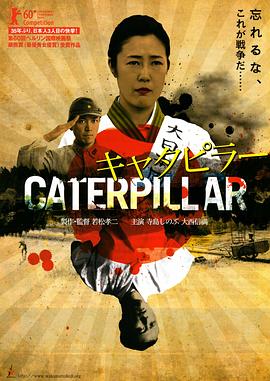 剧情片
更新HD
剧情片
更新HD
芋虫
寺岛忍,大西信满,河原萨布,粕谷佳五,井浦新,饭岛大介,石川真希,地曳豪,小仓一郎
-
 动作片
更新HD中字
动作片
更新HD中字
急先锋
成龙,杨洋,艾伦,徐若晗,母其弥雅,朱正廷,楼学贤,郭芷妍,埃亚德·胡拉尼,杨建平,周斌,王延龙,王驹,唐季礼
-
 国产动漫
更新第17集
国产动漫
更新第17集
山海绝伦
囧森瑟夫,绿绮,古川,花叔,零柒,杏林儿,幻听,香凝,莫谦,韩雨泽,胀胀,雨辰,良生,巽辰,一舟,崔凯,南屿
-
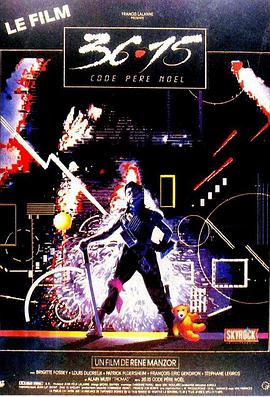 动作片
更新HD
动作片
更新HD
圣诞顽童历险记
布丽吉特·佛西,路易斯·迪克勒,Patrick,Floersheim,Alain,Lalanne,法郎考斯艾瑞克金德伦,Stéphane,Legros,Franck,Capillery,Nicole,Raucher,Gédéon,Charles,de,Feral,Marion,Bureau,Mousse,Edmond,Thanel,雷内·曼佐
-
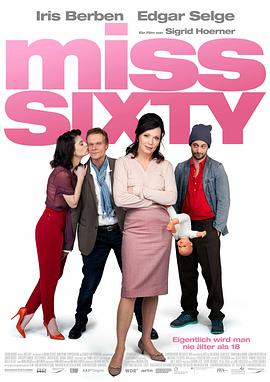 喜剧片
更新HD中字
喜剧片
更新HD中字
六十岁未婚
伊赫斯·贝尔本,埃德加·泽尔格,卡门-玛雅·安东尼,Bj?rn,von,der,Wellen,J?rdis,Richter,戈茨·舒伯特,克斯腾·布劳克,米夏埃尔·格维斯戴克,纳维德·阿克汗,尼古拉·威尔
-
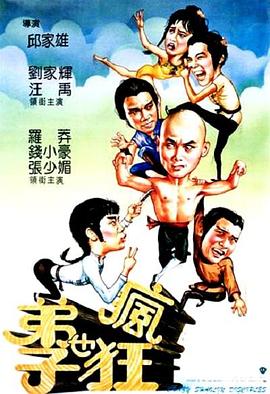 喜剧片
更新HD中字
喜剧片
更新HD中字
弟子也疯狂
汪禹,钱小豪,刘家辉,罗莽,郭追
-
 喜剧片
更新HD中字
喜剧片
更新HD中字
人在驴途
邵峰,张亚光,黄成麟,李若嘉,何苗,候凯文
-
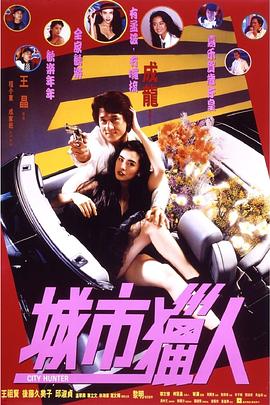 喜剧片
更新HD中字
喜剧片
更新HD中字
城市猎人1993
成龙,王祖贤,邱淑贞,后藤久美子,单立文,黎明,王敏德
-
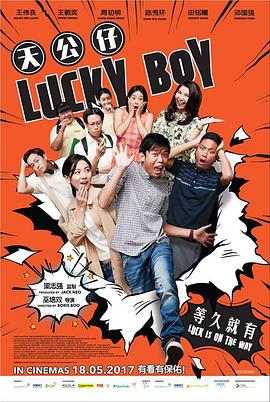 喜剧片
更新HD中字
喜剧片
更新HD中字
天公仔
田铭耀,周初明,Terence,Then,王伟良,王敏奕,陈秀环,萝曼迪,Roz,Pho,林茜茜,梁智强,杨君伟,管雪梅,葛米星,程旭辉,林俊良,萨米·优素夫,Tay,Yin,Yin,朱厚任
-
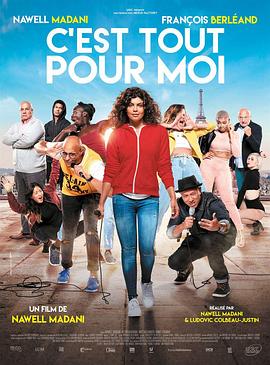 喜剧片
更新HD中字
喜剧片
更新HD中字
就这样吧!
Nawell,Madan,弗朗索瓦·贝莱昂,Mimoun,Benabderrahmane
-
 喜剧片
更新HD中字
喜剧片
更新HD中字
开心大婶
卡曼妮·耶美肯,Ben,Chalatit,Tantiwut,吉帕侬·克珑卡弗,Marius,Robin,Schroeter
-
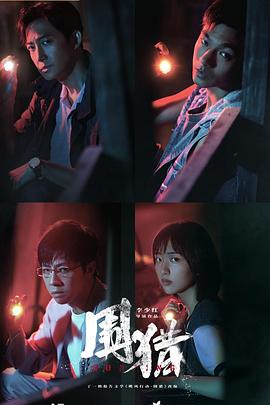 国产剧
更新第04集
国产剧
更新第04集
围猎
王阳,张宥浩,俞灏明,邓恩熙,李诚儒,许绍雄,杨皓宇,余皑磊,郝平,冯兵,黄璐
-
 国产剧
更新第04集
国产剧
更新第04集
守护者们
张一山,韩东君,张天爱,刘欢,鲍大志,焦刚,田昊,王建国,汪汐潮,朱刚日尧,范诗然,王姿允,贺镪,关畅,马跃,黄蓉,赵子琪
-
 港台剧
更新第08集
港台剧
更新第08集
金式森林粤语
郭晋安,罗子溢,陈晓华,龚慈恩,罗兰,何广沛,罗天宇,陈浚霆,何依婷,郭柏妍,江嘉敏,陈星妤,庄子璇,李成昌,徐荣,韩马利,炜烈,关伟伦,吴香伦,唐嘉麟,程可为,陈庭欣,蔡菀庭,张诗欣,邵展鹏,林敬刚,吴绮珊,梁荺苓,林夕童,刘嘉琪,洪曼芹,曾文心,卢映彤,张本立,邵卓尧,曾健明
-
 港台剧
更新第08集
港台剧
更新第08集
金式森林国语
郭晋安,罗子溢,陈晓华,龚慈恩,罗兰,何广沛,罗天宇,陈浚霆,何依婷,郭柏妍,江嘉敏,陈星妤,庄子璇,李成昌,徐荣,韩马利,炜烈,关伟伦,吴香伦,唐嘉麟,程可为,陈庭欣,蔡菀庭,张诗欣,邵展鹏,林敬刚,吴绮珊,梁荺苓,林夕童,刘嘉琪,洪曼芹,曾文心,卢映彤,张本立,邵卓尧,曾健明
-
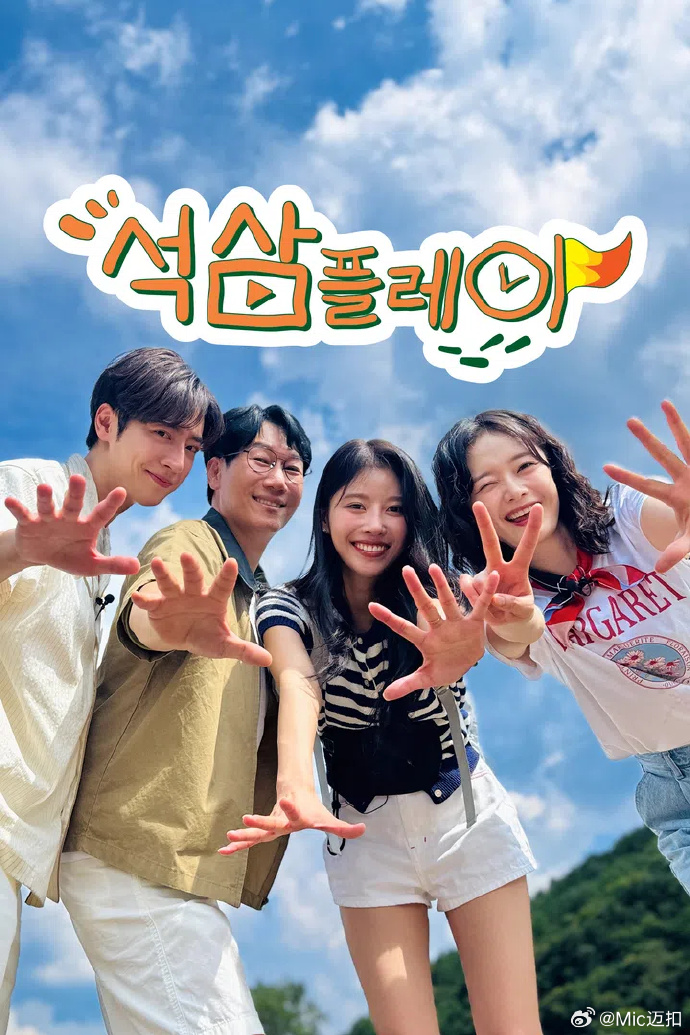 日韩综艺
更新第06集
日韩综艺
更新第06集
石三play
池石镇,李相烨,全昭旻,李美珠
-
 日韩综艺
更新第07集
日韩综艺
更新第07集
真的是很不错的人
姜素拉,李美珠,许龄智,池艺恩,曹世镐,李官熙
-
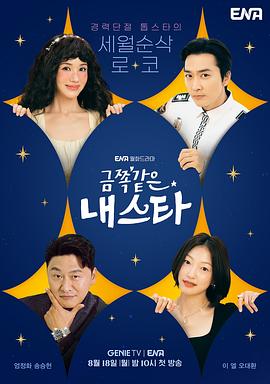 日韩剧
更新第10集
日韩剧
更新第10集
金子般我的明星
严正化,宋承宪
-
 国产动漫
更新第17集
国产动漫
更新第17集
缥缈剑仙传
李翰林,乔苏,巴赫,关帅,朱祎,蔡娜,赵欣,周侗
-
 国产动漫
更新第26集
国产动漫
更新第26集
凌天独尊
-
 国产动漫
更新第04集
国产动漫
更新第04集
这个年纪还能当大侠吗第二季
夏侯落枫,徐佳琦,张振

